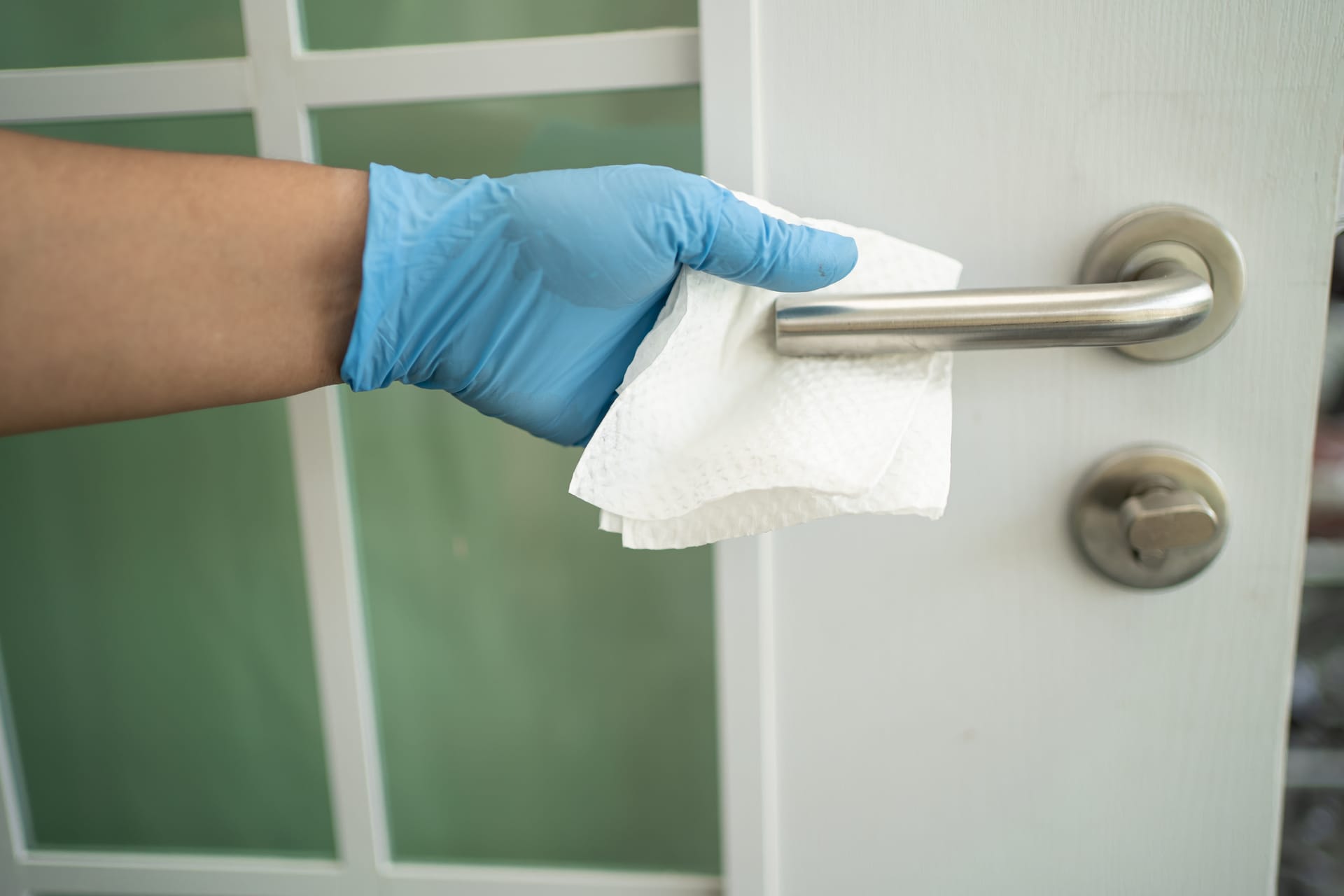
Maintaining a clean environment is essential for any business. Whether you’re managing an office, retail space, or restaurant, cleanliness directly impacts employee productivity, customer satisfaction, and overall brand image. However, not all cleaning services are created equal. Businesses often have to decide between regular cleaning and deep cleaning. While both are important, understanding the differences can help you determine which service is right for your business at any given time.
Regular cleaning refers to routine tasks performed daily or weekly to maintain a tidy and organized space. These tasks are designed to address surface-level cleanliness and ensure your workspace looks presentable.
Regular cleaning is ideal for maintaining a professional appearance and a healthy environment. It’s a cost-effective way to manage daily dirt and debris, especially in high-traffic areas. However, it doesn’t address deep-seated grime in hidden areas that can accumulate over time.
Deep cleaning goes beyond the surface to tackle dirt, bacteria, and buildup that regular cleaning might miss. This is a more intensive and time-consuming process that involves cleaning areas that are less frequently addressed in routine maintenance.
Deep cleaning is typically done less frequently—every few months or as needed. It’s especially beneficial for preparing a space for new tenants, addressing health concerns, or resetting after a busy season.
Regular cleaning is suitable for businesses looking to maintain a consistently clean and welcoming environment. Consider regular cleaning if:
Industries such as retail, corporate offices, and healthcare facilities often benefit from regular cleaning to uphold standards and meet client expectations.
Deep cleaning is ideal when routine cleaning isn’t enough to address specific issues. Consider deep cleaning if:
Restaurants, warehouses, and businesses undergoing renovations often require deep cleaning to ensure safety and compliance.
Rather than choosing one over the other, businesses should incorporate both regular and deep cleaning into their maintenance plan. Regular cleaning ensures your workspace stays presentable and functional daily, while deep cleaning provides a reset to maintain long-term cleanliness and hygiene.
By alternating between these two services, businesses can create a cleaner, healthier, and more appealing environment for employees and customers alike.
When deciding between regular and deep cleaning, assess the needs of your business:
Investing in the right cleaning services can enhance workplace productivity, improve employee morale, and leave a lasting impression on clients and visitors.
In conclusion, both regular cleaning and deep cleaning play critical roles in maintaining a spotless and sanitary workspace. Regular cleaning keeps your business running smoothly on a daily basis, while deep cleaning addresses the deeper layers of dirt and grime that accumulate over time. By combining these services, you ensure that your business remains not just clean, but truly immaculate.
Copyright © 2024 NYC Cleaning